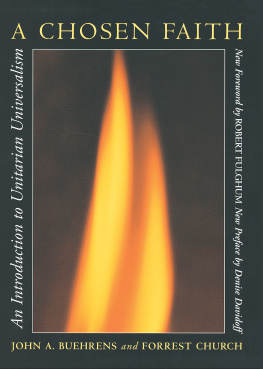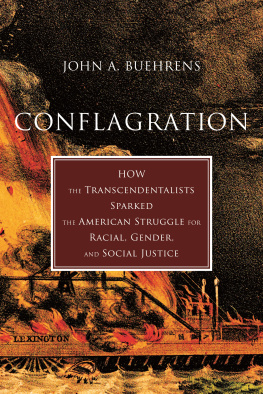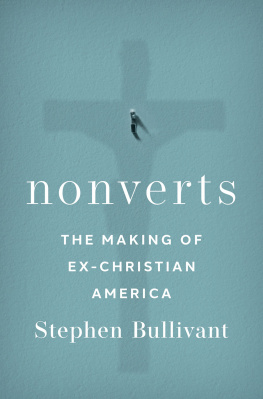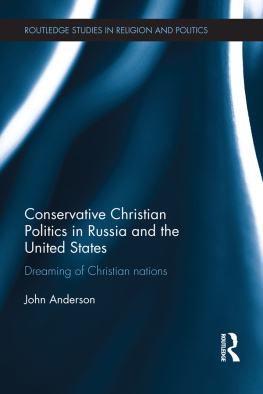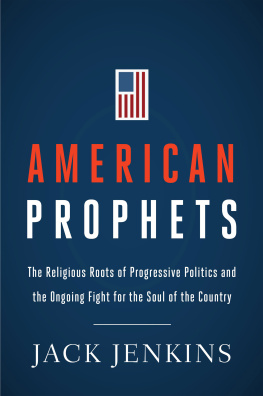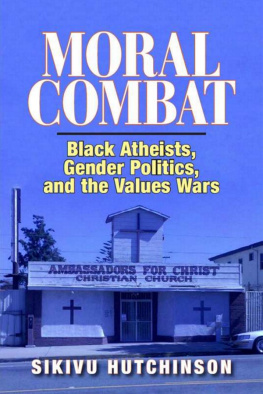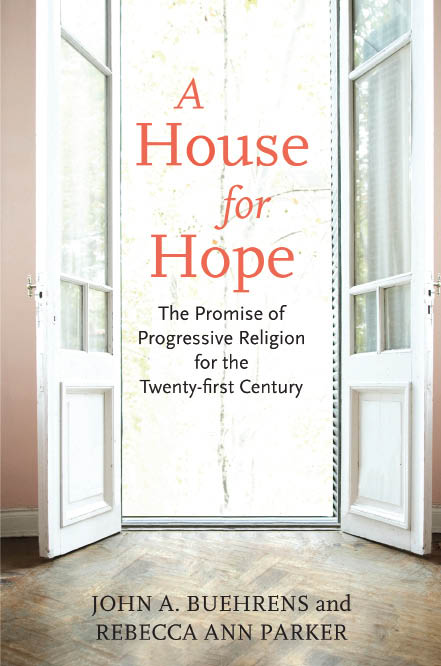A HOUSE FOR HOPE
The Promise of Progressive Religion
for the Twenty-first Century
John A. Buehrens
and Rebecca Ann Parker
BEACON PRESS
BOSTON
Dedicated to
the students, faculty, and staff of Starr King School for the Ministry,
the members of the First Parish in Needham, Massachusetts,
and the memory of
James Luther Adams, liberal theologian and prophetic social ethicist
Yes, you have got to assemble bits of old material. But into a building.
LUDWIG WITTGENSTEIN,
Culture and Value
Contents
John Buehrens and Rebecca Parker
Part 1: The Garden
Rebecca Parker
John Buehrens
Part 2: The Sheltering Walls
Rebecca Parker
John Buehrens
Part 3: The Roof
Rebecca Parker
John Buehrens
Part 4: The Foundations
Rebecca Parker
John Buehrens
Part 5: The Welcoming Rooms
Rebecca Parker
John Buehrens
John Buehrens and Rebecca Parker
Part 6: The Threshold
Rebecca Parker
John Buehrens
Introduction
John Buehrens and Rebecca Parker
Hope is rising. The political tide in the United States has turned, and many are hoping for progress on issues such as global warming, health care, marriage equality, and international conflict. But religious fundamentalists of many varieties continue to promote frameworks of meaning that put earths global community, its diverse peoples, and its ecological systems at profound risk. More than political change is called for; Americas liberals and progressives need greater awareness that at the core of social and political issues lie competing responses to the classic questions posed by theology. Effective work for social change requires people of faith who are theologically literate and engaged. To that end, this book provides a primer in progressive theology. It recovers and reconsiders the hope-filled religious frameworks that inspired generations of activists to work for womens rights, racial equality, economic justice, and peace. These frameworks embody reverence for the sacred, nourish community life, carry forward the aspirations of our forebears, and respond to legacies of violence and injustice that harm our bodies and souls. They hold promise for our time. As Sara Robinson, blogging in 2008 for the Campaign for Americas Future, argued:
Secular progressives dont seem to understand that while politics is all about how were going to make the world better, progressive religion tells us why its necessary to work for change.... Liberal faith traditions offer the essential metaphors and worldview that everything else derives fromthe frames that give our dreams shape and meaning. It has an invaluable role to play in helping our movement set its values and priorities, understand where we are in the larger scheme, and gauge whether were succeeding or not.
The conservative movement knew from the get-go that it would not succeed unless it could offer people this kind of deeper narrative. Providing that was one of the most important things the religious right brought to their party. Progressivism will not defeat it until we can offer another narrative about what America can and should beand our liberal churches have longer, harder, better experience than anyone at developing and communicating those stories, and building thriving communities around them.
This book uses the metaphor of a theological house to articulate the frames that give our dreams shape and meaning. Through this metaphor we explore the classic topics of theology from a progressive vantage pointreminding the reader that liberal religion has a long history, and inviting reconsideration and reimagining of its key concepts. We write as coauthors because we recognize that no one authoritative voice can claim to speak to all of liberal and progressive religion. Dialogue that opens up further conversation is integral to progressive theological method. We have been in dialogue with each other for a number of years about many issues in progressive religion today. We have much in common as a result, but we do not always agree about every issue or formulation. To invite the reader into dialogue as well, in each section of this book there are two or more chapters: one by Rebecca introduces the theological theme and identifies distinctive liberal perspectives on the topic; one by John offers further historical perspective, counterpoints, and reflections on the theme.
Each dimension of the houseincluding its setting within the natural worldcorresponds to one of the classic issues of systematic theological reflection. Theology, we suggest, is architecturalit provides a framework for human life. It is also ecologicalit creates an interactive system in response to a specific environment. And it is archeologicalit unearths artifacts from the past that can inspire our imagination and understanding now. Here are the basic dimensions and coordinates of this theological house for hope, and the questions that each represents.
I. The Garden
Earth is our habitationthe home that gives us birth and is our final resting place. Building on the liberal theological heritage, which affirms that salvation belongs in this world, how do progressive people of faith regard the earth itself, the reality of death, and the hope for life that is just, abundant, and sustainable for all? Given that earth itself is threatened by global warming, and its ecologies damaged by humanitys failure to establish just and sustainable economic systems, what constitutes a progressive eschatology? Eschatology is the topic in theology that deals with the ultimate end of life and of the earth, from the Greek eschaton, the last or final things. This is where we begin.
II. The Sheltering Walls
Western society has succumbed to an individualistic set of responses to the gift of life, easily forgetting questions of the common good. Religious community acts to bind us in covenant to one another and to purposes greater than ourselvesnot merely as an agreement among mortals but as a shared human response to a sense of grace, interdependency, and responsibility. Put in theological terms, what constitutes a progressive ecclesiology (from the Greek ekklesia, which means gathering together, assembly, congregation)? And how can we approach religious community in ways that promote not competitive parochialism but authentic interfaith engagement and cooperation?
III. The Roof
Given the realities of tragedy, oppression, injustice, evil, failure, and sin in the world, what can protect life from harm and repair or restore lives and communities? This is the theological topic of soteriologyfrom the Greek soteria, which means salvation, deliverance, preservation, or release. Religion, at its best, provides shelter for people and communities in need of healing, transformation, or sustenance in difficulty. How might the Bible contribute to the struggle for deliverance from evil? What constitutes progressive religions understanding of what we need to be saved fromand how?
IV. The Foundations
What about God? How can we, or do we, speak of the ultimate mystery that is the source and sustenance of our livesthe source that some call God? Who or what do we most deeply trust? What do we rely on as the foundational given, in relationship to which our lives find their meaning, purpose, and hope? The philosophical foundations of religion have changed over the past two hundred years. Here in America in the early- twenty-first century, a progressive doctrine of Goda theology per se, from theo, God, and logos, wordmust speak adequately both of ultimate reality as creative process and of the hope for liberation and wholeness of all Gods children, not in the next life, but in the midst of earthly existence.


